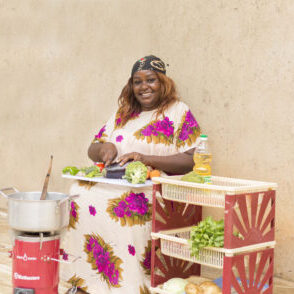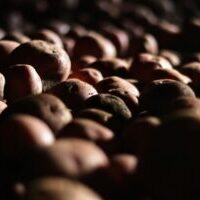
Milking Ethiopia’s Dairy Potential: Business and Investment Opportunities
With a population surpassing 114 million and rapid urbanization, Ethiopia’s demand for dairy products is increasing. The country’s government has prioritized the dairy sector in its 10-year development plan, aiming to increase milk production from 4.69 billion to 11.8 billion litres by 2030. This growth presents a unique opportunity for dairy sector investment in Ethiopia.
Why invest in the Ethiopian dairy industry
Rising demand, untapped supply
Ethiopia’s dairy sector is one of the most promising frontiers for agribusiness investment in Africa. The country’s rapidly expanding population and urban centres are driving a sharp rise in demand for milk and dairy products. Per capita milk consumption is projected to increase from the current 19 litres to nearly 28 litres by 2030. This surge in demand, combined with a still underdeveloped supply chain, creates a substantial gap—and opportunity—for local and international investors.
Underutilized dairy processing capacity
Despite having over 15 million milking cows, Ethiopia’s dairy production highly depends on smallholder farmers, and most milk is sold through informal channels. This means that only a small fraction of milk ever reaches formal processors, who are currently operating at just 28% of their total capacity. The lack of access to consistent, high-quality milk supply is a key bottleneck that investors can help solve through better aggregation systems, cold-chain logistics, and farmer support services.
Feed, genetics, and animal health: major bottlenecks
There is a significant deficit in feed and fodder, with a supply gap of 190,000 metric tonnes of concentrate feed annually, especially high-protein and drought-resistant crops. This directly impacts milk productivity. Moreover, less than 3% of cattle in Ethiopia are improved or hybrid breeds, resulting in very low milk yields. This opens up opportunities in areas like feed production, artificial insemination services, genetic improvement, and animal health products.
High import dependency = Huge market opportunity
Ethiopia also relies heavily on imported dairy products, spending over $14 million annually on milk and cream—mostly in powdered form. This import dependency, combined with a growing local market and access to regional export hubs like Kenya, Sudan, and Djibouti, underscores the strategic value of local dairy processing ventures, especially those focused on long-shelf-life products like UHT milk and cheese.
Government incentives for agribusiness
The Ethiopian government offers incentives to agribusiness investors, including multi-year income tax holidays, duty-free import of machinery and feed inputs, and access to lease land in designated agricultural zones. For those looking to make a sustainable, high-impact investment in East Africa, the Ethiopian dairy industry presents a rare blend of market potential, government support, and developmental relevance.
Download Dairy Business Opportunity Report
Building partnerships to drive innovation in Ethiopia’s dairy farming sector
TRAIDE is supporting Ethiopia’s dairy sector development by identifying businesses with practical, high-impact solutions that address the core challenges facing dairy farmers and processors. And building partnerships between international and local stakeholders to bring these solutions to Ethiopia.
One of the initiatives we are supporting involves an innovative cooling technology that helps farmers maintaining the quality of evening milk. In many rural and off-grid areas, farmers struggle to preserve milk quality collected in the evening due to the lack of refrigeration. By providing a passive cooling solution, powered by solar energy, farmers can extend the shelf life of their milk, reduce spoilage, and ultimately access higher-value markets through formal processors.

Another initiative is the promotion of biodigesters for dairy farmers. With these systems, farmers can convert cow dung into clean biogas and organic fertilizer, enabling them to generate their own energy for cooking and lighting while also improving crop productivity and reducing dependency on chemical inputs. This circular approach not only enhances environmental sustainability but also boosts household resilience by cutting fuel and fertilizer costs.
TRAIDE is also building a partnership that is reshaping how smallholder farmers access finance. Using AI-generated credit scoring models, this solution allows financial institutions to assess farmers creditworthiness more accurately and eventually eliminate the need for collateral. As a result, farmers who were previously excluded from formal credit systems will now be able to secure loans to invest in productive assets such as improved breeds, feed, and milking equipment.
Interested to Explore Ethiopia’s Dairy Sector?
Are you an investor or business with interest to get involved in the Ethiopian dairy sector? TRAIDE can help you explore the market, build partnerships with local stakeholders, and attract finance to support your market entry. Reach out to us at ethiopia@traide.org









